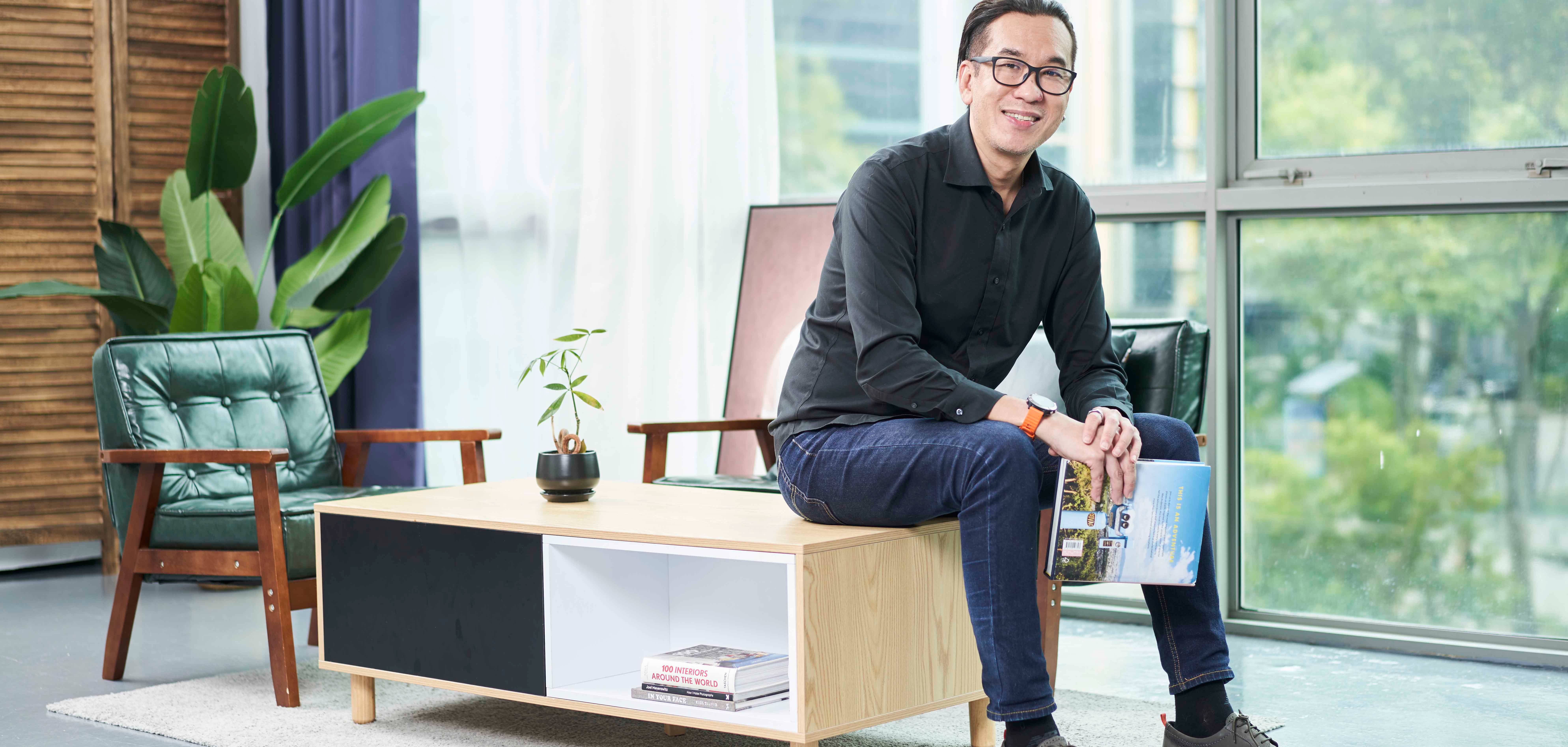[CLIENT INTERVIEW]
Neeuro is a local tech start-up and Agency for Science, Technology and Research (A*STAR) spinoff specialising in the use of Brain-Computer Interface (BCI) technology. Simply put, we harness the potential EEG data (or brain signals) to offer wider mental health options to people grappling with neurological challenges. These include elderly patients facing cognitive decline, stroke patients, and children dealing with attention deficit hyperactivity disorder (ADHD), among others.
Since Neeuro’s inception in 2013, we have come up with an array of neurotechnology products and solutions aimed at overcoming brain health challenges. Our artificial intelligence (AI) and digital therapeutics solutions are fully backed by A*STAR’s clinically validated research.
Core to our technology is what we call NeeuroOS — an AI-driven platform enabling healthcare professionals, researchers and third-party developers to interpret brain signals so as to identify different mental states such as attention, relaxation, mental workload and fatigue etc. The platform is paired with our wearable SenzeBand, a non-invasive device capable of tracking one’s brain activity and transmitting the signals to NeeuroOS in real time.
While we have been fortunate to collaborate with neuroscientists in A*STAR and the wider medical community, as well as distribute our products around the world, we are always on the lookout for companies keen to integrate our technologies and algorithms into their products. Even though our technology could be applied to many target markets, our priority was to aid solution providers catering to the ADHD and ageing sector, having seen first-hand the impact that ADHD and dementia had on people’s lives.
IPI’s Innovation Advisory Senior Manager, Mr Derek Yip, appreciated our objectives, and after a rigorous search, introduced us to Professor Ignatius Rasiah, Programme Director for Engineering Leadership at the NUS College of Design and Engineering. His expertise, coupled with his connections and deep experience in the MedTech industry, made Prof Ignatius the right advisor to work with us on how we could address market gaps.
Through the IPI Innovation Advisors Programme, we identified and scoped the deliverables for two projects with Prof Ignatius. The first was to conduct a needs analysis in the global ADHD ecosystem, while the second was to develop an opportunity assessment and a platform strategy for the global neuro monitoring ecosystem.
With Prof Ignatius’ inputs, we accelerated the commercialisation of a home-based attention training programme, known as Cogo. Co-developed with the Institute of Mental Health, Duke-NUS and A*STAR’s Institute for Infocomm Research, the solution involves improving attentiveness in children through gamification. The use of Cogo is paired with Neeuro’s EEG SenzeBand 2.
Prof Ignatius’ guidance was instrumental throughout the exercise. By highlighting the research gaps and guiding us in the customer journey, he helped us to see the customer pain points and make our solutions more relevant. He also provided many insights that we did not consider, which made us more aware of what we needed to do. The process was smooth and paced according to our needs and requirements.
I was especially pleased to tap into Prof Ignatius’ networks in China, which was useful to understanding the market needs, assessing the competitive landscape, identifying suitable touch points and potential clients, and finetuning our processes and solutions. As programme advisor, Prof Ignatius would encourage us to bounce off ideas and directions with him — and he was great at ensuring we made the right considerations to move ahead.
The engagement with Prof Ignatius created strong value for our business plans in China, including our pilot project under a Memorandum of Understanding with Shanghai Dingbo Medical Technology Co. to penetrate the ADHD sector in Shanghai. I look forward to having him as advisor as we continue to launch improved solutions, as part of our next growth phase.

